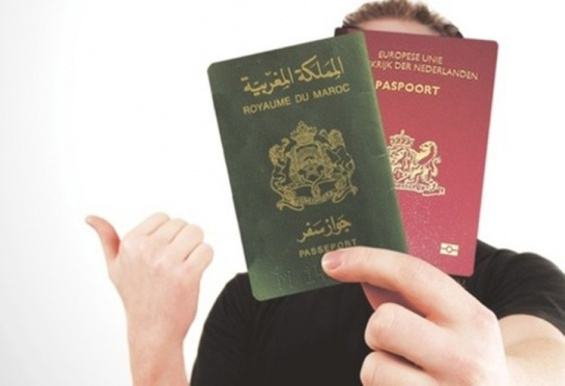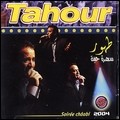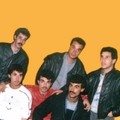We believed that this controversy was reserved for polemicists and demagogues of the European far right. But it is under the pen of an influential press boss in Morocco that it resurfaces. Ahmed Charaï, head of several media (MedRadio, The Observer of Morocco & Africa, Al Ahdath al Maghrebiya, etc.), but also a lobbyist and member of several think tanks, questioned the loyalty of dual nationals in his latest editorial.
In his paper he referred to a petition signed by a member of the Commission for the new development model as an act of treason, undermining a policy conducted by the Kingdom for 20 years and dedicated to Moroccan nationals with another citizenship, the world over.
To put it in other words, Ahmed Charaï links two notions, dual citizenship and loyalty, as if one excluded the other. It would be enough to be born Moroccan to be loyal to Morocco. And being granted a second citizenship would be a reason to doubt the loyalty of an individual.
The passport as a totem of loyalty
Loyalty, like other qualities, is not about having one or two passports. The majority of democratic countries have understood this for a long time. Morocco has adopted this principle, considering double allegiance conflicts of interest when appointing a citizen to a position of responsibility.
Even if a Moroccan official, born to a foreign mother or father, chose to follow the Charaï jurisprudence by renouncing their foreign citizenship, nothing would guarantee their loyalty to Morocco. Simply because our identities and our family heritage are not linked to our passport, it is an intimate component of the individual. By confusing nationalities, identities and loyalty, Ahmed Charaï is unearthing false century-old debates.
But perhaps, believing he was doing right, he had in mind the interview of King Hassan II with Anne Sinclair during which he said : «Moroccans in France will never become good French». While history contradicted this prediction, it is easily explained by the will of the late monarch to maintain members of the Moroccan community abroad as his exclusive subjects.
However, loyalty to Morocco and the financial windfall of «Moroccan workers abroad» have withstood the vicissitudes of history and the process of taking root in the host countries, which have also become their own countries. Moreover, during his lifetime, King Hassan II did not hesitate to appoint dual nationals to positions of responsibility.
Moroccan institutions in the text
Over the past 20 years, Morocco has taken note of the situation of Moroccans living abroad and their children born there. Rather than adopting an ostrich policy like some countries, the Kingdom has managed to preserve a somewhat strong link with its dual nationals, and even included in the new citizenship code (2007) the moroccanness of children born to Moroccan mothers.
The Kingdom did not hesitate to call on Moroccans living abroad to benefit from their skills and appoint them to high-ranking positions. Better yet, the 2011 Constitution explicitly recognizes dual citizenship and ensures representation of the diaspora in state institutions.
It is in this capacity that several Moroccans living abroad, some of whom are dual nationals, were appointed as members of the Special Commission for the new development model, targeted by Ahmed Charaï.

All in all, the Constitution, the nationality code, the laws in force, and the customs dating from the time of King Hassan II are all in favor of appointing dual nationals to positions of responsibility in Morocco.
It is difficult to understand by what sleight of hand Ahmed Charaï wishes to defend the country's institutions while ignoring the texts and rules of these same institutions. If he had been a member of the Commission for the new development model, then the person he was targeting could have replied by using the same sentence Charaï wrote : «Especially when people do not respect any duty of confidentiality and sign fiery articles questioning the country's institutions».




 chargement...
chargement...












